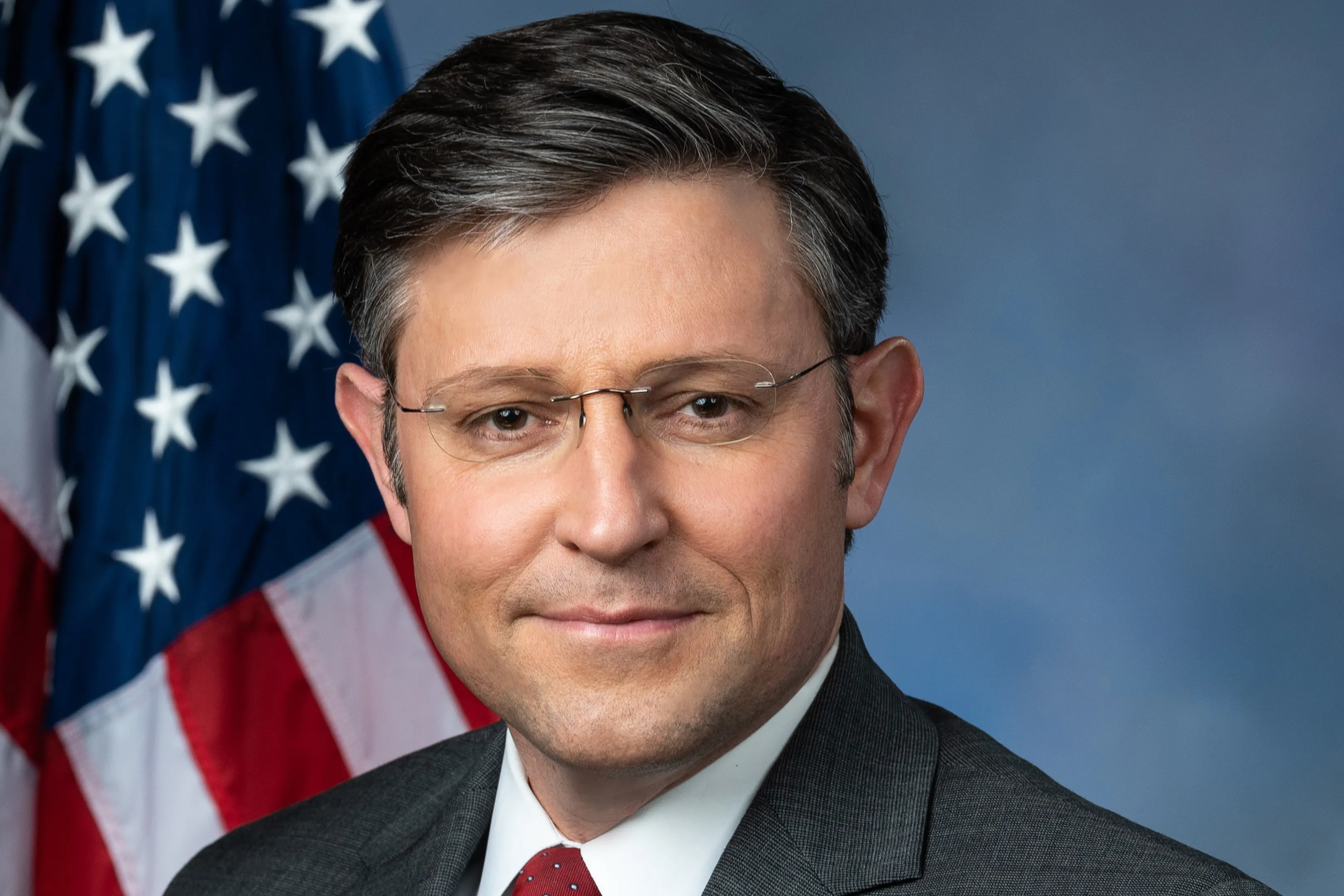
The Yonder Report: News from rural America - May 16, 2024
News from rural America.
Americans are buying up rubber ducks ahead of Memorial Day, Nebraskans who want residential solar have a new lifeline, seven community colleges are working to provide students with a better experience, and Mississippi's "Big Muddy" gets restoration help.
TRANSCRIPT
(upbeat music) For the Daily Yonder and Public News Service, this is the news from rural America.
It's sunny skies ahead for Nebraskans without deep pockets who want rooftop solar.
The state's Center for Rural Affairs is one of 60 groups participating in the Solar for All program under 2022's Inflation Reduction Act.
Executive Director Brian DePue says they'll use their grant money to put residential projects in reach.
And to serve low to moderate income individuals and individuals living in historically disadvantaged census tracts.
Typical buyers of rooftop solar are institutions or middle or higher income homeowners.
DePue says that's because today, customers either have to finance loans or pay up front.
They've not yet been able to participate fully in the benefits of solar energy.
That's what we're trying to change.
He says the nonprofit has advocated for economic justice in Nebraska's rural communities for 50 years.
Seven rural community colleges will work for better student experiences under the Accelerating Equitable Outcomes Initiative.
Susanna Brown reports.
The national nonprofit Achieving the Dream aims to help community colleges build data to better track at risk students, enroll more minority members, and build courses that help graduates fill local jobs.
President and CEO Karen Stout says rural community colleges often lack resources.
They're under supported and in a lot of cases don't have the internal infrastructure and capacity to make some of the changes that will help support student success.
Stout points out that two-year schools are often integral to rural communities.
They're much more than a community college.
They're a community destination.
They are community hubs.
I'm Susanna Brown.
The Mississippi is the nation's second longest river, but fertilizer runoff creates a biological dead zone at its mouth in the Gulf of Mexico.
Now, a restoration organization wants to solve such environmental problems with natural solutions.
Simone Malaz with Restore the Mississippi River Delta says the coalition's work taps in to the Big Muddy's power and sediment.
For example, we might have an area of wetlands that needs to be nourished with fresh water or sediment.
We can tap into that wonderful resource that we have.
She says nature-based solutions can help make communities more resilient when dealing with extreme weather from climate change, including floods, droughts, rising sea levels, hurricanes, and wildfires.
What we know about resilient communities, whether you're on the coast or not on the coast, is how you can brace yourself for these impacts and how you can more quickly recover.
It's rubber duck season.
From Connecticut to California, Americans on rivers and streams will spend Memorial Day sponsoring plastic rubber duckies for charity.
Then watch as they float downstream toward a possible prize.
For the Daily Yonder and Public News Service, I'm Roz Brown.
For more rural stories, visit dailyyonder.com.

















